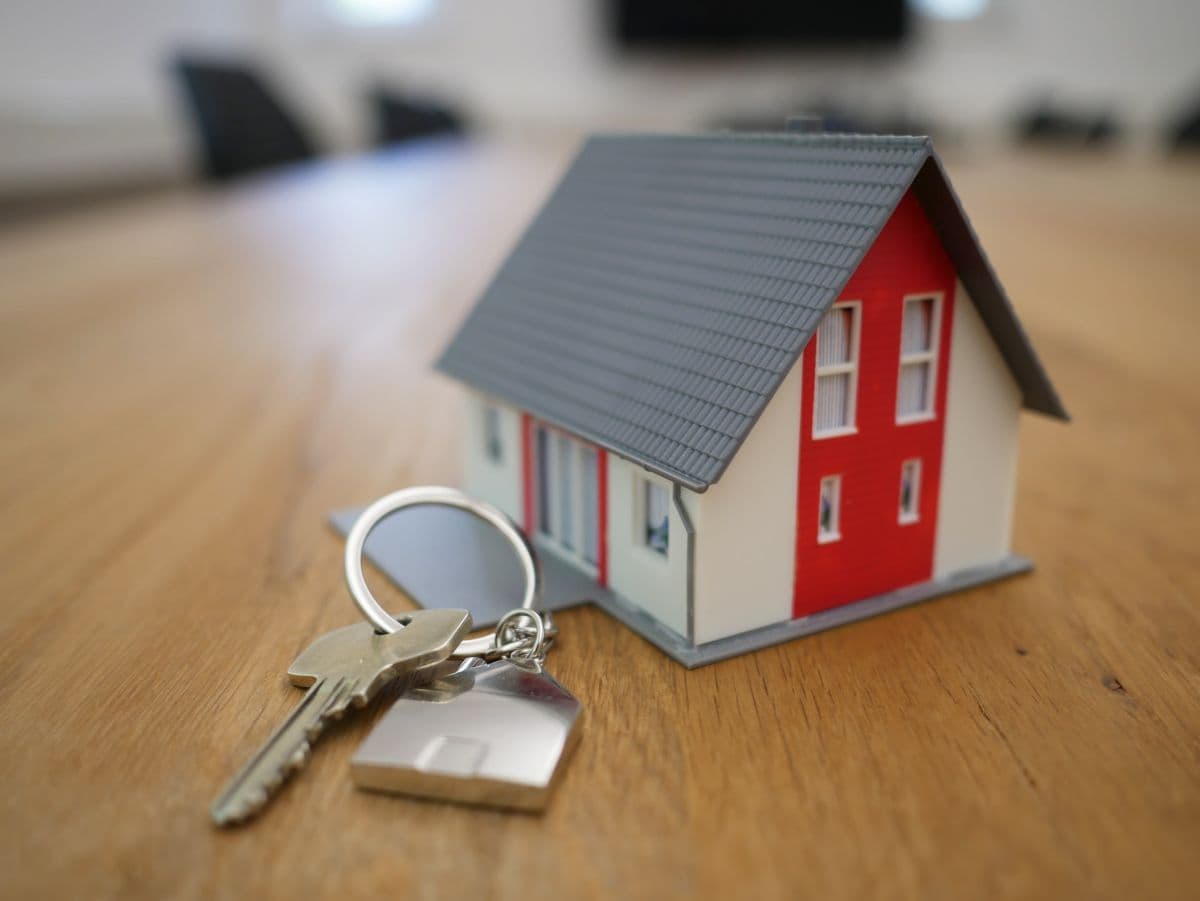Closing Costs: Your Checklist When Buying a Home in Canada
By Amanda Rogers | Published on 25 Jun 2024

Buying a house is a huge, complicated decision. Even after saving their money and researching mortgages, homebuyers often forget one key expense: closing costs. During a real estate sale, closing costs are the expenses that are incurred in addition to the base price of the property. This means they are not always covered in a mortgage and you should budget accordingly.
1. Home Inspection
Before closing a deal, you may choose to have the house inspected. This ensures everything is in good condition, allowing you to have the peace of mind that the home you are buying is livable and safe for you and your family. This will help you make a thoughtful and well-considered choice, enabling you to take into account the condition of the space you will likely be moving into. A home inspector will check on the plumbing, electrical systems, and the overall structural condition of the house, observing any water damage or other concerns.
Costs for home inspections vary, but you can expect to pay between $300 to $600 in Ontario, but will depend on your location in Canada or in the province, the company you hire, and the size or age of the house. A home inspection frequently takes place after an offer has been made but before any agreement has been finalized. While not everyone undertakes this step, this may be an option that is worth considering. Start looking for an inspector who is a member of an association such as de OAHI.
2. Land transfer taxes
Most provinces have a land transfer tax (LTT) that is paid as a percentage of the purchase price of your home; some cities, including Toronto, also have a municipal version of this. This is payable during the closing process and goes to regional governments where the purchase is being made. You may also need to pay other provincial and federal sales taxes such as GST/HST on sales of new homes.
LTTs are different in each province and depend on the price of the property being sold. For example, an Ontario resident buying a property exceeding $400,000 may expect to pay a rate of 2%. Calculating the applicable tax rates before making your transaction will ensure you are ready for these expenses. There are some exemptions allowing you to avoid LTT. For instance, BC offers a tax break to first time homebuyers as well as exemptions for family members, among other things.
3. Legal fees
When buying or selling a home, there are a variety of legal documents that must be put together. This will usually require the assistance of a notary or other legal professional, which will create legal fees. To complete all the documentation, have the correct forms compiled and signed, and ensure the proper steps have been taken at every stage, you will pay for the work these professionals have performed for you.
Legal fees commonly cost at least $700 and can reach $2,000. This may vary depending on the amount of work that has been done, the number of documents, and the complexity of the transaction. Expenses may also differ from province to province. To find a real estate lawyer in your area who meets your needs at an affordable rate, you can search the website of the Law Society of Ontario.
4. Property appraisal
Prior to finalizing a deal, you may need to pay for a property appraisal conducted by a certified appraiser. Your mortgage lender sometimes initiates this for financing purposes to verify the value of the property that is being funded. When a financial institution is committing significant funds to mortgage a property, they will sometimes want proof of the property’s worth. That said, this scenario is pretty rare, so unless you’re unlucky, you’ll avoid these charges.
A property appraisal is commonly priced at $500. Your bank may require this, or it may be a decision you take to confirm you are paying a reasonable price for your future home. The lending institution sometimes will cover a property appraisal.
5. Property survey
In order to determine exactly what you are purchasing, you may need a property survey. This establishes the property’s exact boundaries and gives you more details about it that could impact your property’s value. Mortgage lenders might request this, and while the seller may have already completed a survey, you could be asked to pay a fee for this service.
Property surveys frequently cost between $1,500 and $2,000. They can help you better understand your purchase. It gives you and your lender useful information, such as the measurements and layout of the land you are buying. Please note that in some provinces these fees are usually paid by the seller, while in other provinces it depends on the purchase offer.
6. Title insurance
Sometimes, lenders require home buyers to purchase title insurance. This covers them against any losses that may be accrued due to property ownership disputes. You will likely need a lawyer or notary to help you purchase this form of insurance. Title insurance commonly costs $100 to $300. It is not always required, but it is becoming an increasingly frequent way for mortgaging institutions to protect their interests against possible issues that may occur later in the home buying process.
7. Water and septic tank tests
Depending on where you live, you may need to pay for services such as water tests. This is usually in more rural regions, where wells have been installed. A water test will help ensure that you have enough clean water, protecting the health and safety of you and your family.
This type of expense is an important reminder that homeownership costs will vary from place to place and property to property. Each region and space will have its own requirements and expectations, and each purchasing agreement will carry specific needs and responsibilities. Other costs such as septic tank testing may also need to be considered if this is a part of the land you are purchasing. Water tests are dependent on the specifics of the property, are generally negotiated with the previous owner, and may be listed in the purchasing offer.
8. Prepaid property taxes or utilities
If the seller you are buying the house from has already paid their taxes or utilities for the year, you may be expected to reimburse the costs for the ensuing period when you will be living in the house. Property taxes are comprised of a percentage of the property’s value and differ in each region. For example, Vancouver’s residential tax rate is 0.28% while Calgary’s is 0.66%. The amount you pay will also be determined by how much the seller expects you to reimburse.
9. Home insurance
To cover fires and other potential risks, a variety of home insurance options are available. This will provide you with financial protection if there are events that cause damage to your property. Home insurance may cover a variety of possible expenses such as fire damage to your house, theft of personal possessions, injury to people who visit your property, and other related concerns.
In Canada, the average cost of home insurance is $960 per year. You may also have to pay a fee upfront when purchasing the home. This is a considerable expense, but one that will save you money in the long run if any unfortunate incidents occur. Finding the coverage that is best for you and your family is a way to protect your financial wellbeing.
10. Moving costs
In addition to the costs paid during the closing process, you should g also consider a variety of expenses that will occur soon after the sale is finalized. These may include hiring movers, redirecting mail, and setting up utilities. Planning for moving costs will allow you to calculate how much time you need to make these arrangements and the amount you will need to budget.
Many people are surprised to discover how expensive it is to move into another home! These prices will vary significantly depending on how far you are moving, your location, the possessions you are taking with you, and the size of your new house. It is generally recommended that you save at least $1000 to $2000 to pay for moving expenses.
Are you ready?
Buying a home is an expensive process that can be both exciting and stressful. It may be the culmination of years of saving, a dream that many people take a lifetime to pursue. As housing costs rise, purchasing a home may seem like a greater challenge than ever before. Yet it is still an incredibly rewarding experience, as it can provide you and your family with the comfort, security, and fulfillment of owning a living space that is right for you.
In order to navigate this process, it is important to understand exactly what you have to pay and what you are paying for. Closing costs and other related expenses are often underrecognized; buyers may know the price of the house, but they do not always anticipate the other costs that may be hidden in the complicated journey of finding and purchasing the perfect home. The last thing anyone wants is to be surprised by unexpected expenses or to miss important details that will affect your enjoyment of the property. If later you sell the house you’re buying, you’ll also have to pay certain fees, including the real estate broker’s commission according to your service agreement, which represents several thousand dollars and is usually deducted from the selling price.
Paying close attention to the details of these closing costs can spare you future headaches and help make home buying easier for everyone. A vital step towards calculating closing costs and other fees is checking out a mortgage comparison tool. By comparing different mortgages, you can increase your chances of finding the lowest mortgage rates, which could compensate for all the closing costs you’ll have to pay.
